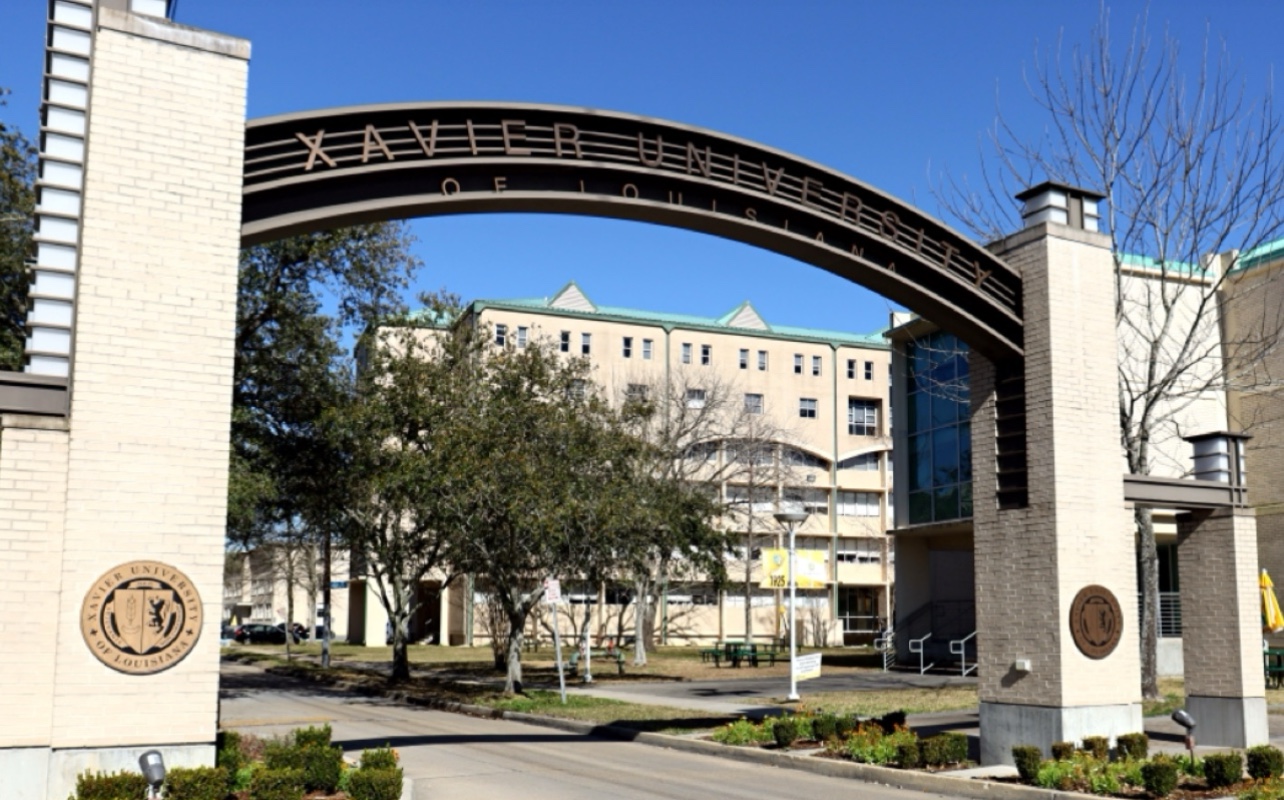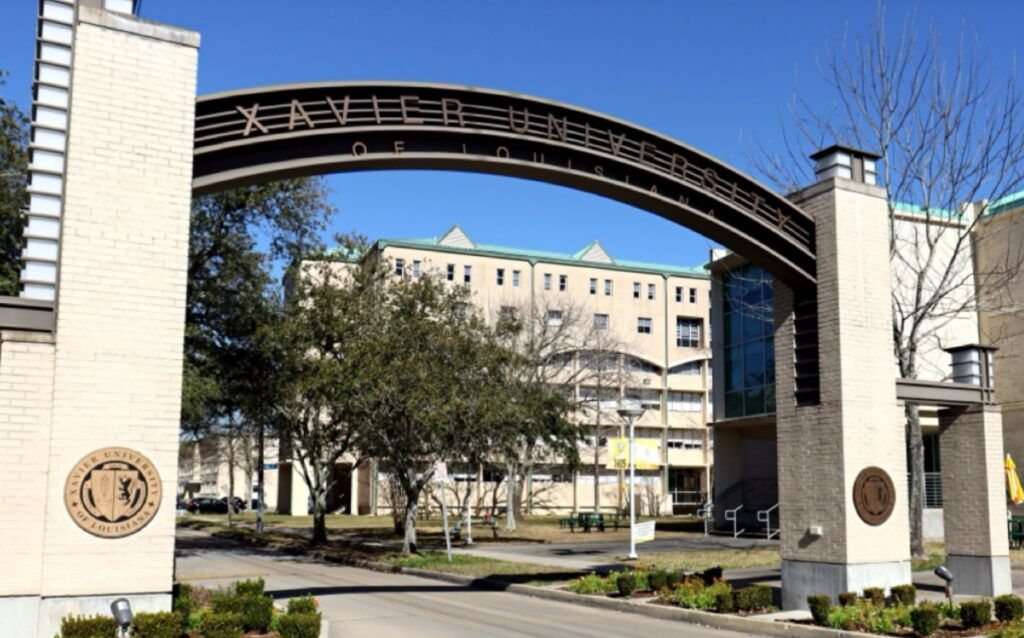
October 7, 2025
HBCUs are well-equipped to provide students with the skills they need for today’s evolving economy.
Written by Dr. Reynold Verret
As college tuition rises and the job market evolves, many recognize that many valued occupations do not require a four-year degree. Today’s most in-demand jobs – from electricians to nurses to solar installers – often require specialized training, not a traditional four-year degree. The Educational Data Initiative has reported that tuition and fees at private colleges have increased by over 180% in the past 20 years, far outpacing the rate of inflation. Tuition at public colleges more than doubled in the same period. While the nation’s largest tech companies once prized Ivy League applicants, some are now ignoring college transcripts and GPAs in favor of skills assessments. Among these massive cultural and economic changes, it’s understandable that many young people are asking the question: Is a college education really worth it?

Yet, as more students grapple with the tradeoffs of pursuing a degree, HBCUs continue to demonstrate their value on all fronts. HBCU graduates have higher salaries than Black students from predominantly white institutions, report better mental health, and are less likely to develop chronic diseases over their lifetimes. Not to mention, at a time of significant challenges – both at home and abroad – HBCUs remain essential for the vitality of democracy and the pursuit of justice and equality. HBCUs excel at producing leaders and equipping students for the jobs of tomorrow – both of which drive social mobility.
HBCUs are well-equipped to provide students with the skills they need for today’s evolving economy. STEM jobs, from AI to medicine, are in high demand and offer competitive salaries. While HBCUs make up only 3% of the nation’s colleges and universities, they produce nearly 30% of Black graduates of science and engineering doctorate programs. These careers, whether in medicine or other creative fields, are not only well-compensated; they are also essential to society.
HBCUs excel at cultivating future STEM leaders in large part because we provide a supportive classroom environment. These talented graduates are in high demand by the economy and society. Sadly, a significant number of public high schools attended by the majority of Black and Hispanic students do not offer STEM classes in calculus, computer science, or physics. Though no fault of their own, Black students often start college without the rich academic experiences afforded to their white peers. That’s where HBCUs, like Xavier, step up to the plate, providing an environment where Black students don’t just catch up, but excel to become academic equals.

I am often reminded of a physician who, despite graduating at the top of his high school class in Chicago, struggled immensely during his first year at Xavier. He had not received the education necessary for the rigors of a university classroom. As is Xavier’s way, his professors stepped in to help, ensuring he had the support to succeed in the classroom and reach his goals. Now, he is a nationally recognized surgeon who has dedicated his life to fighting against healthcare disparities and creating pathways for those who will follow. His story is a powerful reminder that, with the dedicated support and nurturing environment of an HBCU classroom, talent will shine and potential will become purpose, creating a ripple effect of positive change.
HBCUs like Xavier do not only excel in STEM; they cultivate contributors and leaders across all sectors of the economy. Thus, 80% of Black judges, 50% of Black professors at predominantly white institutions, and 50% of Black members of Congress have graduated from HBCUs, including Xavier. Many of our nation’s most influential leaders, including Martin Luther King Jr., Toni Morrison, Spike Lee, Oprah Winfrey, Thurgood Marshall, and Kamala Harris, are all proud graduates of HBCUs.
As a result of great work at Xavier, 93% of graduates are employed or attending graduate school within six months of graduation. While we’re proud of this success, our efforts to help students find employment are about so much more than just a first job – it’s about economic and social mobility. It is about lifelong careers. In June 2025, Xavier received a Carnegie Opportunity College or University (OCU) classification for our social mobility success and the superior earnings of graduates compared to their peers upon graduation. Xavier’s leadership is not unique. The average mobility rate for HBCUs is more than double the national average for colleges overall. In other words, HBCUs are successful in helping more low-income students transition into the middle class. HBCUs, whose designated purpose was to educate Black students and equip them with the skills necessary to excel in the workforce, have been enormous engines of social mobility for Black Americans. These graduates build communities and strengthen the nation.
Rising tuition and a changing job market have left many young people – especially Black students – doubting the value of higher education. And yet, an HBCU degree may be the most significant investment they can make. HBCUs prepare students for future careers, drive social mobility, and serve as the greatest example of what higher education can do – not just for graduates, but for all of us.HBCUs prepare students for future careers, drive social mobility, and serve as the greatest example of what higher education can do – not just for graduates, but for all of us.
RELATED CONTENT: Xavier University Surpasses $100M Fundraising Milestone

